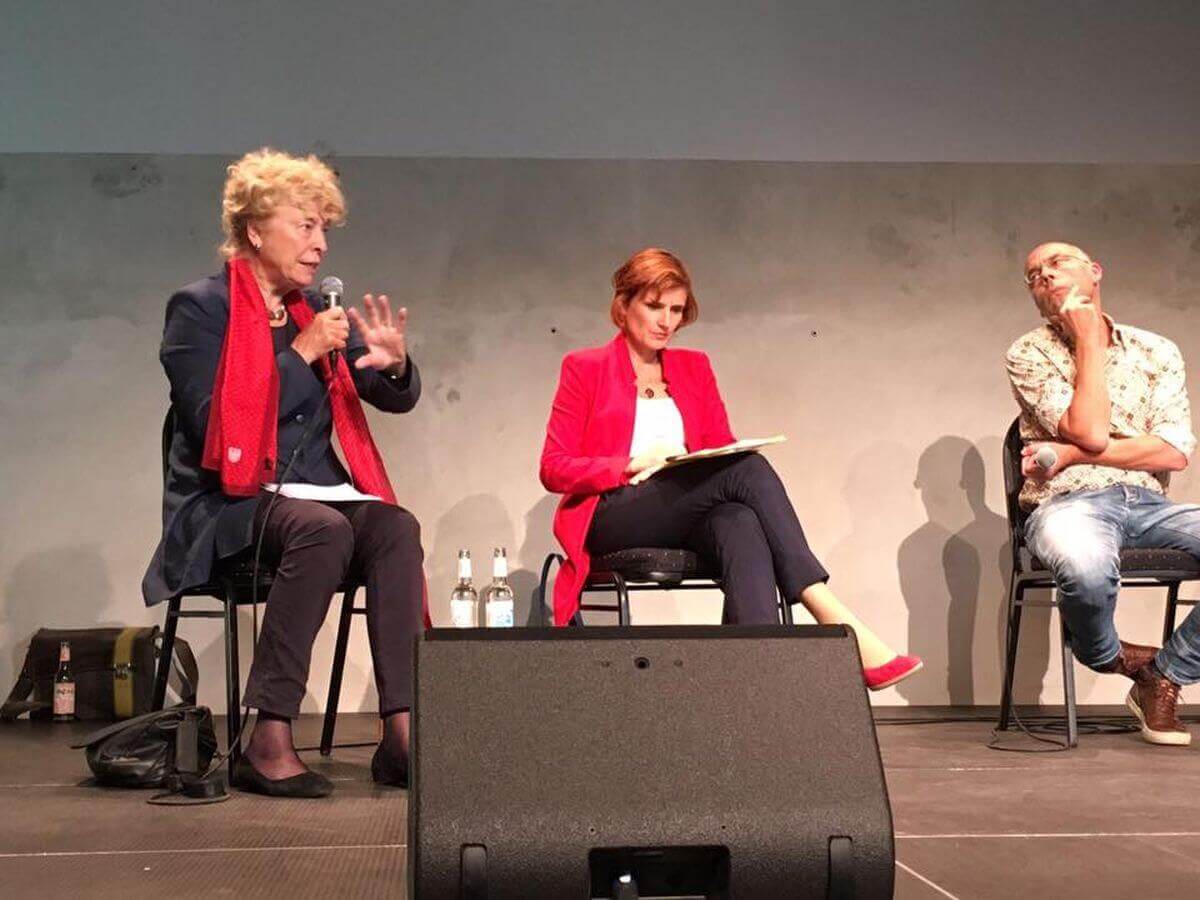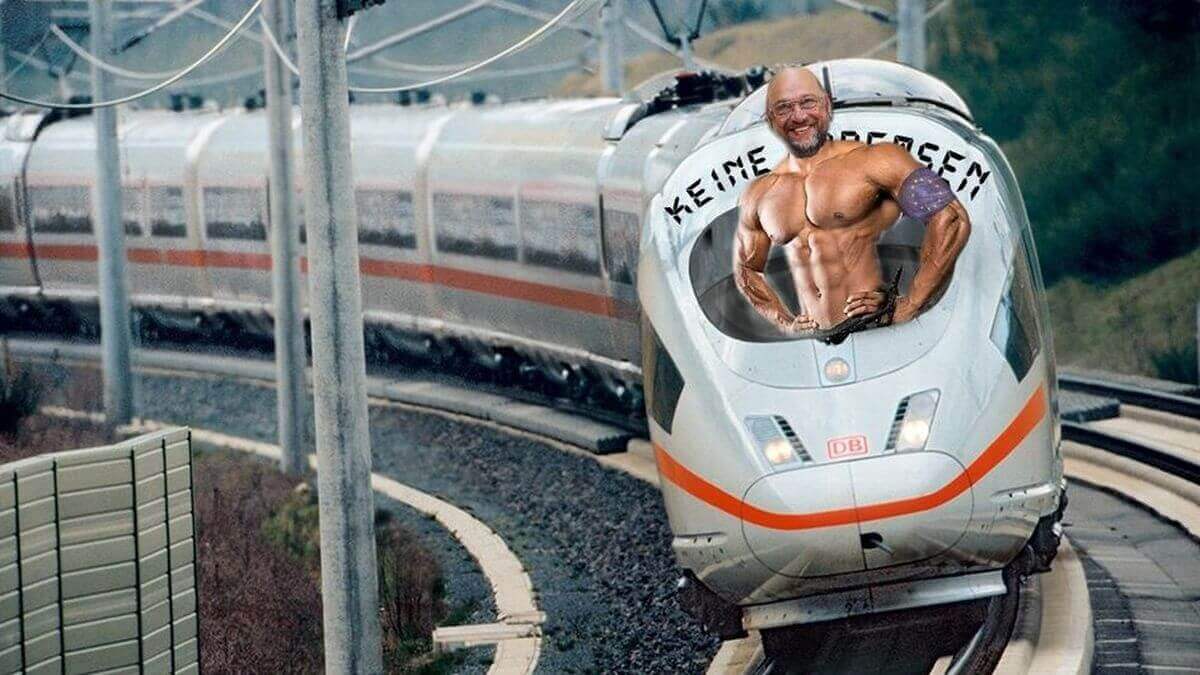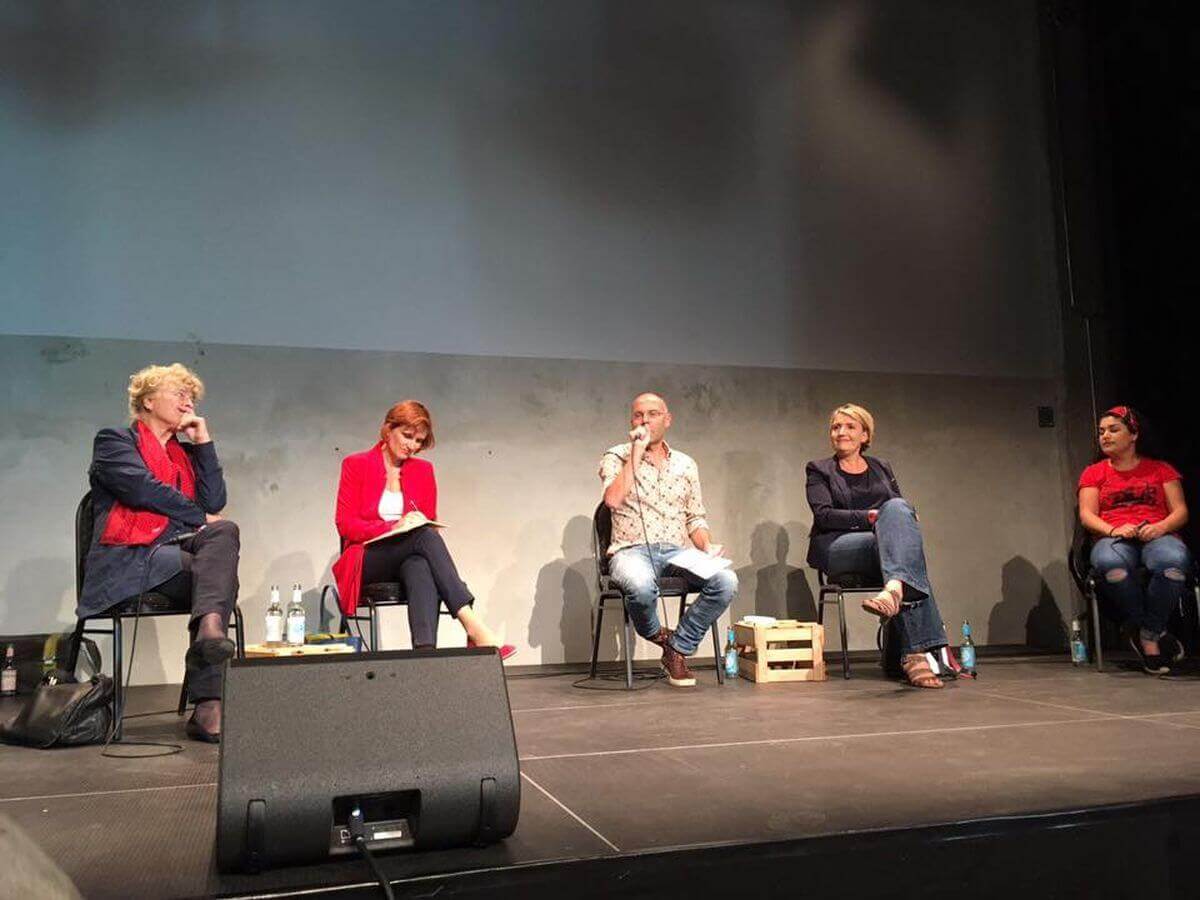Until recently it seemed as if the two big parties in Germany, the Social Democrats and the Christian Democrats, were consciously avoiding speaking about migration in general and about refugees in particular, in fear of the right wing populists from “Alternative for Germany,” (AfD) who will very likely enter the parliament for the first time this year in the coming federal elections on 24 September 2017. This changed when Martin Schulz, the Social Democrat’s candidate, criticized chancellor Angela Merkel for her decision to temporarily open the borders on September 4th 2015. “Merkel did so for the right reasons, but she shouldn’t have moved forward without an agreement with the other EU states,” he claimed.

Even though all other parties generally oppose the AfD and Merkel is still promoting welcoming gestures (her policies, however, differ from those statements), at the moment there are only a few politicians who publically demand more rights for refugees. Not many mention the fact that Europe is now a more heavily guarded fortress than ever before. Most of the liberal proposals come from the Greens, the leftwing party “Die Linke” and the Social Democrats. The Greens and the Left are the only ones who promote a policy of legal passage. But even parts of the Left, especially their parliamentary party leader, Sarah Wagenknecht, sometimes put forward a ‘nationals first’ agenda. It is important to note that the impact of the right wing populists doesn’t only manifest itself in the growing popularity for the AfD, but also influences the elections by shifting the general political discourse of all parties in their direction.
Last Sunday’s TV debate between Angela Merkel and Martin Schulz was another showcase of this tendency. What was already very unlikely was now even more obvious: Schulz will most probably not become Germany’s next chancellor. During the debate he often was vague and not convincing enough in important moments. The so-called “Schulz train,” a popular meme at the beginning of the election campaign, has indeed long since halted. In the polls the Social Democrats are now far behind the Christian Democrats.

What was surprisingly striking wasn’t what Merkel and Schulz had to say, but the narrow agenda that the journalists followed. For more than 40 minutes they asked questions about ‘migration’ and ‘security’ in a very one-sided manner. Refugees were frequently referred to as a ‘danger’ and a ‘threat’. The journalists also cited incorrect numbers of people who are being forced to leave the country and one of them asked: “When are these people going?” On Twitter many accused this journalist of being a mouthpiece for the AfD.
However, there are still politicians, organisations and citizens opposing this shift to the right. Just one day after the TV debate, the organisations European Alternatives, Institut Solidarische Moderne, Attac and DiEM25 organised a panel discussion titled: “Perspectives on migration and solidarity”. The speakers were Katja Kipping from the Left and Simone Peter from the Greens, both leaders of their parties, as well as Gesine Schwan from the Social Democrats and Newroz Duman from the organisation “Youth without borders”. It was obviously a rather small event compared to the mainstream TV debate held the day before, but also it was a very different way of addressing the issue.
All three politicians made strong statements in favour of pro-refugee policies. Gesine Schwan proposed to financially support cities and regions willing to accept refugees and to set up a EU fund for this reason. Katja Kipping cited Alain Badiou saying: “Whoever lives here, comes from here.” Newroz Duman, however, explained why that is not the case yet. The next German parliament won’t be elected by everyone who is here. For many people, who are living in Germany without German citizenship, the question about which party they want to vote for is actually not relevant. They simply don’t have the right to vote.
As recent studies suggest, there are more people in Germany than one might think who would still agree with the liberal statements made during the discussion. Despite a shift to the right in the general discourse, a significant part of the German population continuously supports the welcoming culture that was mostly visible during the “summer of migration” in 2015. How can this inclination towards a society of openness and solidarity be translated into progressive politics? How can the liberal civil society increase its impact on the public discourse? Regardless of who will be the next German chancellor, these are some of the most relevant questions for the coming years.

![Political Critique [DISCONTINUED]](https://politicalcritique.org/wp-content/uploads/2015/09/Political-Critique-LOGO.png)
![Political Critique [DISCONTINUED]](https://politicalcritique.org/wp-content/uploads/2015/09/Political-Critique-LOGO-2.png)